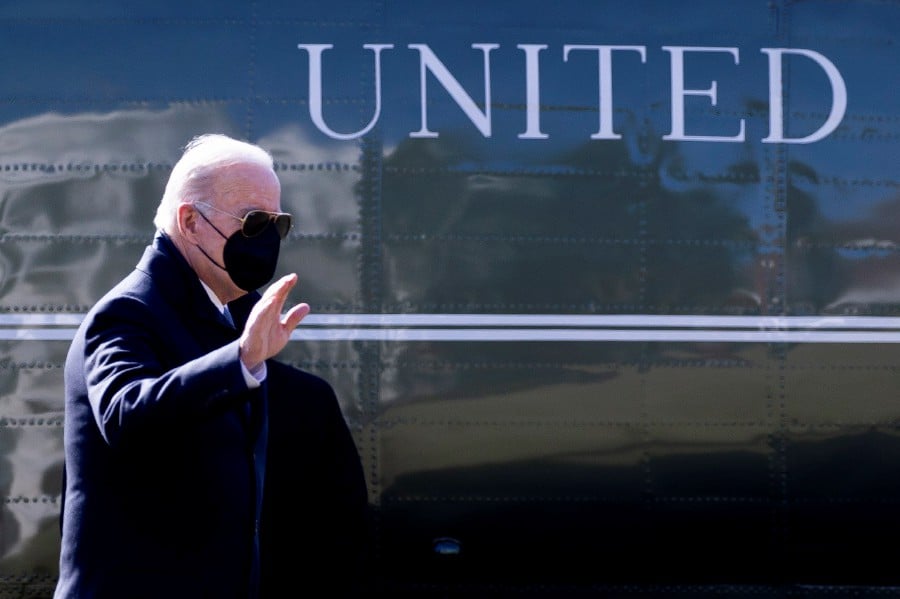
WASHINGTON, March 1 (NNN-AGENCIES) — President Joe Biden will play host to a special summit of the United States and leaders of Southeast Asian leaders on March 28 and 29 in Washington, the White House announced.
The White House summit, part of US efforts to step up engagement with a region Washington sees as critical to its efforts to push back against China’s growing power, had been expected earlier in the year, but scheduling was delayed by Covid-19 concerns.
White House press secretary Jen Psaki said the summit of the Association of Southeast Asian leaders (Asean) will commemorate 45 years of US-Asean relations.
“It is a top priority for the Biden-Harris Administration to serve as a strong, reliable partner and to strengthen an empowered and unified Asean to address the challenges of our time,” she said in announcing the summit.
On a visit to Malaysia in December, US Secretary of State Anthony Blinken said the 10-member Asean bloc was “essential to the architecture of the Indo-Pacific region”.
He said the summit was expected to discuss the crisis caused by last year’s military takeover in Myanmar and issues such as pandemic recovery, climate change, investment and infrastructure.
The Biden administration has declared the Indo-Pacific and competition with China its principal foreign policy focus, which it is keen to maintain despite the Russian invasion of Ukraine.
Biden joined Asean leaders in a virtual summit in October, the first time in four years Washington had engaged at top level with the bloc.
He pledged to stand with Asean in defending freedom of the seas and democracy, and said Washington would start talks on developing a regional economic framework, something critics say US Asia strategy has lacked since his predecessor Donald Trump quit a regional trade pact.
The Biden administration announced a 12-page strategy for the Indo-Pacific in early February, in which it vowed to commit more diplomatic and security resources to the region to counter what it sees as China’s bid to create a regional sphere of influence and become the world’s most influential power.
The document reiterated US plans to launch a regional economic framework in early 2022, but few details of that have emerged and the Biden administration has been reluctant to offer the increased market access Asian countries desire, seeing this as threatening American jobs. — NNN-AGENCIES



